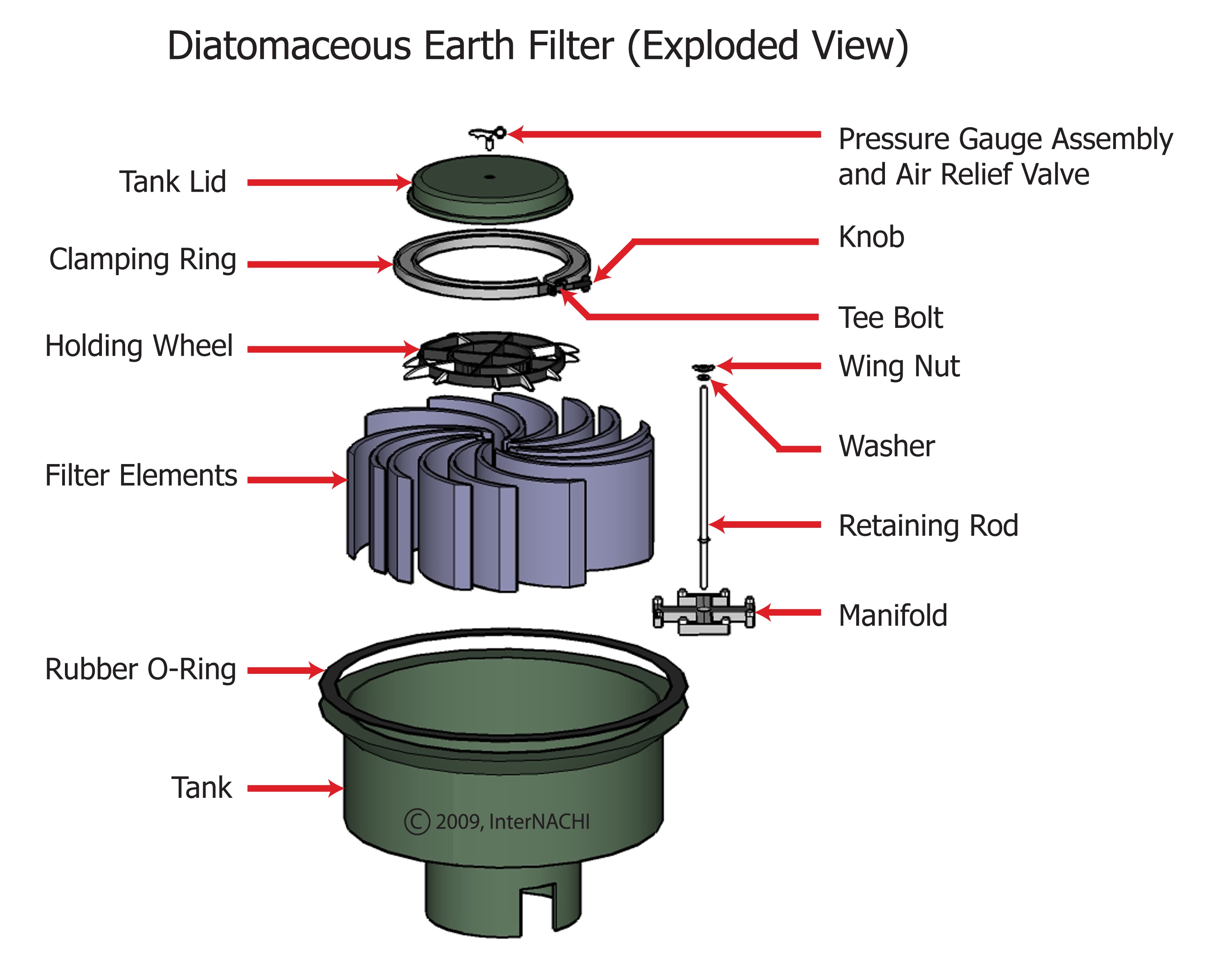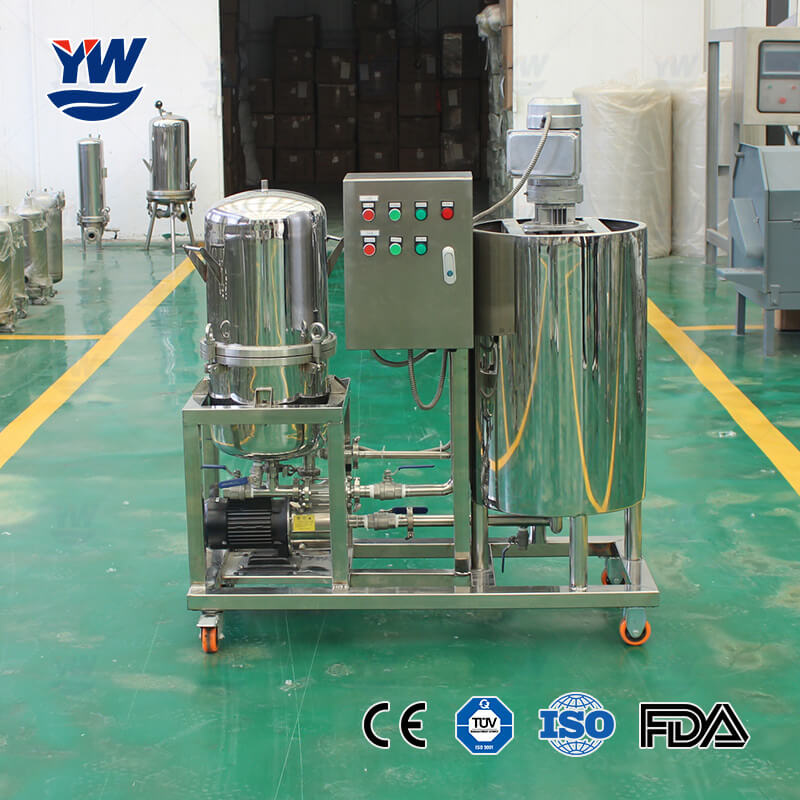Opening the Benefits of Diatomaceous Earth Filtering for Pure and Tidy Water
The expedition of diatomaceous earth (DE) filtering presents an engaging choice for those looking for reliable and lasting water purification techniques. As the need for clean water continues to rise internationally, comprehending the multifaceted applications and advantages of DE filters might reveal essential insights for both family and industrial usage.
What Is Diatomaceous Planet?
Diatomaceous earth, commonly described as DE, is a naturally happening sedimentary rock made up mostly of the fossilized remains of small, marine organisms called diatoms. These single-celled algae are rich in silica, which is the primary part of DE. The one-of-a-kind structure of diatomaceous earth includes tiny, permeable fragments that supply a high surface area, making it an effective filtering medium.
DE is usually gathered from ancient lake beds and down payments, which have actually accumulated over thousands of years. It looks like a fine, white to off-white powder, and its chemical structure primarily consists of silicon dioxide, along with trace quantities of numerous minerals. This composition is what provides DE its remarkable homes.
Along with its application in water filtration, diatomaceous earth is utilized in a variety of industries, including farming, food storage space, and bug control. Its capability to soak up dampness and its abrasive qualities make it a useful source in these areas. On the whole, diatomaceous earth stands out as an eco-friendly option for different applications because of its natural beginning and effectiveness in purification processes.

How Diatomaceous Planet Filtering Works

When water goes through a diatomaceous planet filter, the fine particles are caught in the elaborate network of tiny pores. The shapes and size of these pores are crucial, as they are designed to target particular pollutants while enabling clean water to flow via. As water actions with the filter tool, the mechanical activity of the diatomaceous planet catches bigger fragments, while smaller sized pollutants are absorbed or physically obstructed.
Additionally, the surface provided by diatomaceous planet is substantial, enhancing its capability to hold contaminations. This results in a gradual accumulation of trapped fragments, which can be occasionally gotten rid of via a backwashing process. This method ensures consistent purification performance and adds to the total efficiency of preserving pure and tidy water.
Benefits Over Standard Purification
When comparing diatomaceous planet filtering to typical purification approaches, several advantages emerge that boost water filtration performance. Among the main advantages is the superior filtration capacity of diatomaceous planet (DE), which can remove smaller sized particles and contaminations that conventional filters might miss. The microscopic structure of DE hop over to here permits it to capture pollutants, consisting of bacteria and protozoa, causing cleaner water.
Additionally, diatomaceous planet filters often tend to have a longer lifespan than traditional media, decreasing the frequency of substitute and upkeep. This long life not only reduces operational costs but additionally lessens waste, contributing to more sustainable methods. DE filters additionally operate at lower stress, which can lead to energy financial savings in large-scale applications.
Another considerable benefit is the flexibility of diatomaceous earth. It can be used efficiently in various contexts, from local water therapy centers to specialized commercial applications (diatomaceous earth filtering). The natural structure of DE makes it a green option, devoid of dangerous chemicals and pollutants frequently linked with synthetic filtering systems
Applications in House and Industry
Many applications of diatomaceous earth filtering system can be discovered in both household and industrial settings, highlighting its flexibility and performance in water purification. In property environments, diatomaceous earth (DE) filters are generally utilized in swimming pools, efficiently capturing debris and bacteria, thereby preserving water clearness and health. Additionally, several families utilize DE in home water purification systems, where it offers to get rid of impurities, sediment, and unsafe pathogens, guaranteeing safe alcohol consumption water.
In industrial applications, diatomaceous planet filtering system is indispensable to various markets, including food and drink manufacturing, drugs, and wastewater therapy. In the food sector, DE is made use of in the filtration of beer and a glass of wine, facilitating the removal of yeast and other particulates while maintaining the drink's taste profile. Additionally, in wastewater therapy facilities, DE filters play a vital function in enhancing water top quality by capturing contaminants and facilitating the recycling of water sources.
The efficiency of diatomaceous earth in both home and commercial applications underscores its invaluable role in promoting clean water gain access to, contributing to public wellness, and sustaining lasting practices.

Selecting the Right DE Filter
Choosing the suitable diatomaceous planet (DE) filter is vital for making sure optimal water purification, whether for industrial or domestic use. diatomaceous earth filtering. The selection of a DE filter depends upon a number of critical aspects, including the particular application, flow price demands, and the preferred degree of purification
First, assess the volume of water to be filtered. For household use, smaller sized filters are sufficient, while commercial applications may require larger, high-capacity systems. Next, take into consideration the flow price; it is very important to select a filter that can handle the needed throughput without endangering water top quality.
Additionally, examine the filtration level; DE filters been available in numerous grades, impacting the removal of particulates and pollutants. For example, higher-grade filters are perfect for applications requiring strict pureness degrees.
Lastly, consider the upkeep needs and the availability of substitute DE powder. Filters that are simpler to preserve and have conveniently available products will certainly reduce Click This Link downtime and functional costs. By meticulously thinking about these factors, one can pick a DE filter that meets certain needs, guaranteeing the distribution of secure and tidy water.
Conclusion
In summary, diatomaceous earth filtering stands for a substantial development in water purification technology, offering boosted efficiency and efficiency in catching impurities. Its special permeable framework facilitates exceptional filtering, while its green residential properties contribute to sustainability. The durability and lower operational stress of DE filters promote energy cost savings, making them a sensible choice for numerous applications in both household and commercial setups. Welcoming diatomaceous planet filtering can lead to boosted public health and wellness this page outcomes and higher accessibility to clean water.
The expedition of diatomaceous earth (DE) filtering offers an engaging choice for those looking for sustainable and effective water filtration approaches.When comparing diatomaceous planet filtering to traditional purification approaches, several benefits emerge that boost water filtration performance.Countless applications of diatomaceous planet filtering system can be located in both house and industrial settings, highlighting its versatility and performance in water filtration. In domestic atmospheres, diatomaceous planet (DE) filters are commonly employed in swimming pools, efficiently recording debris and microorganisms, therefore maintaining water quality and hygiene. In wastewater treatment facilities, DE filters play a vital role in enhancing water high quality by trapping contaminants and assisting in the recycling of water resources.